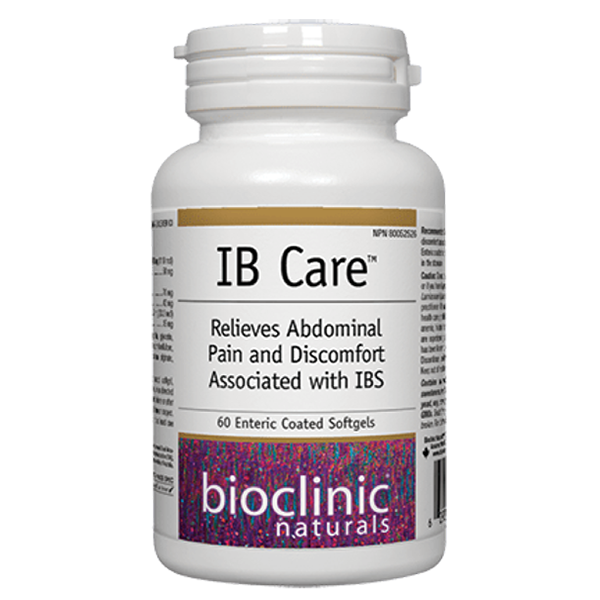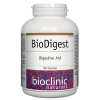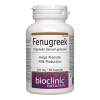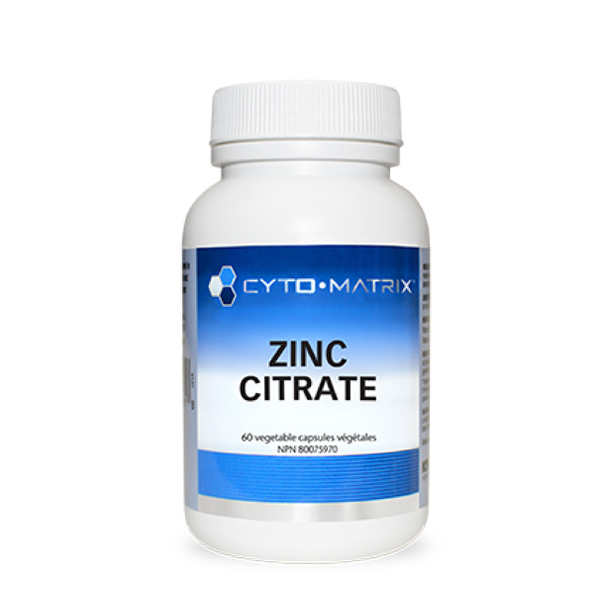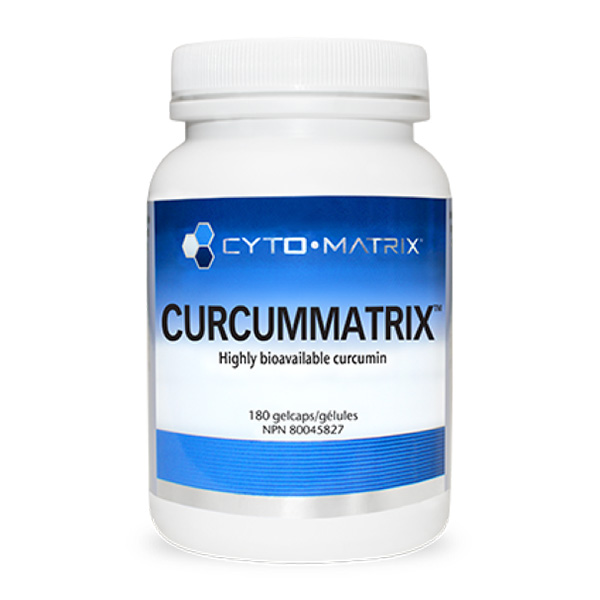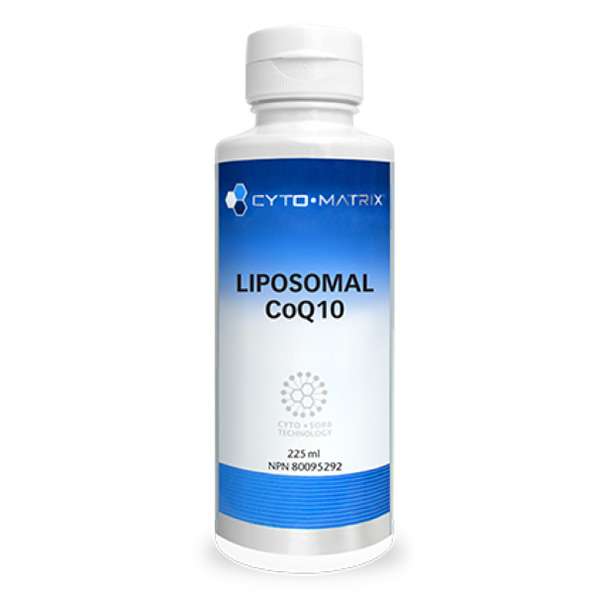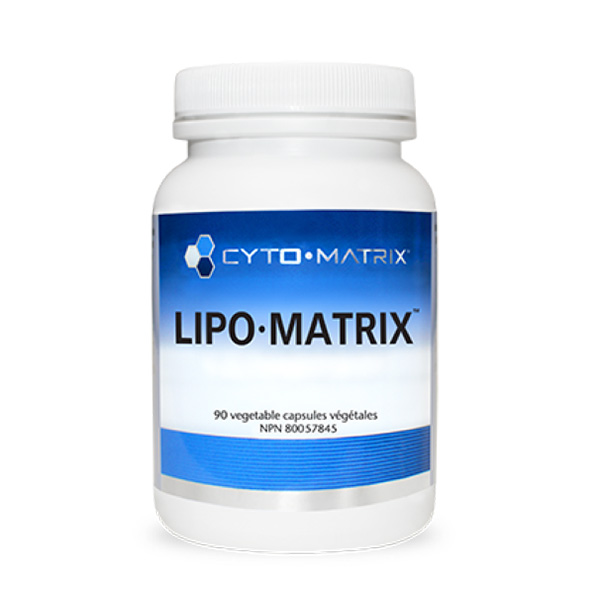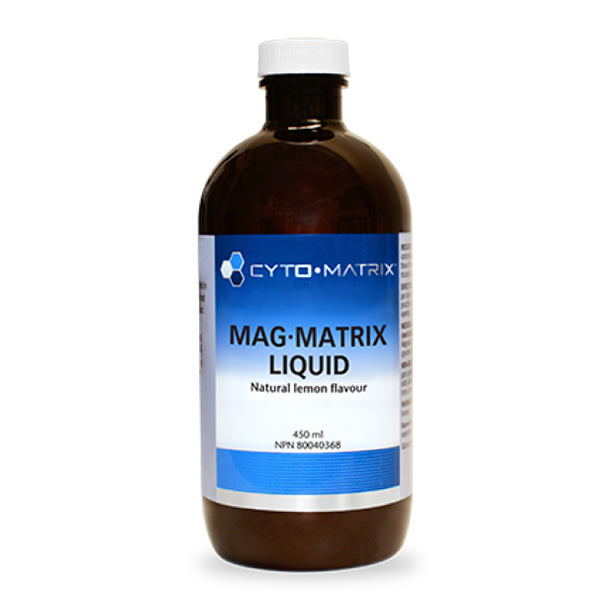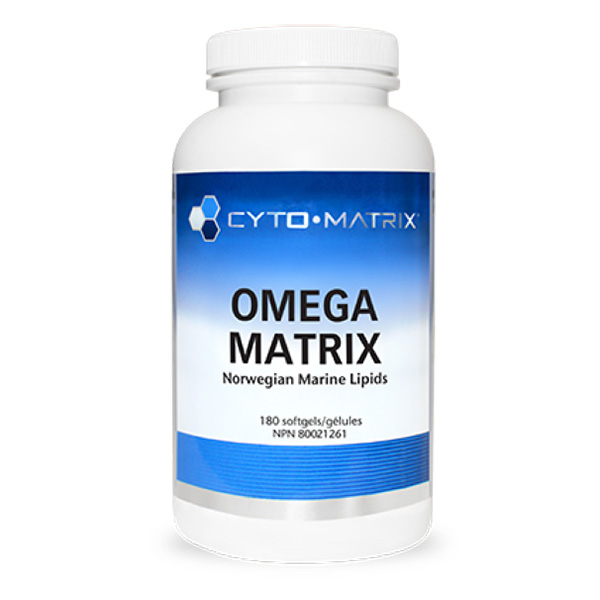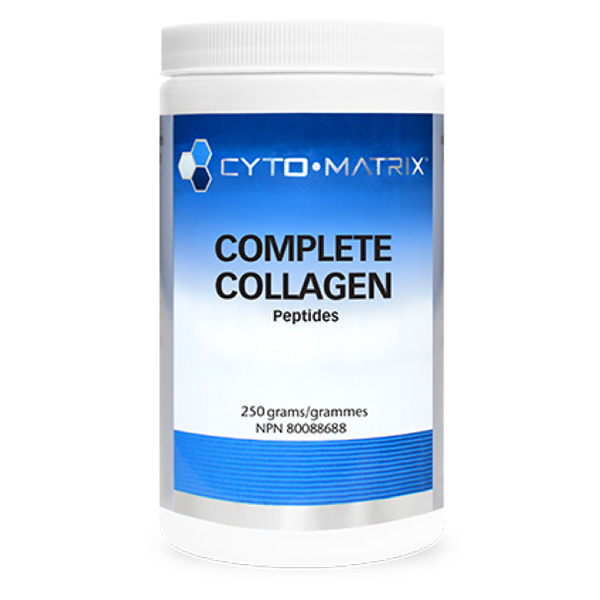Bioclinic – IB Care

$15.99
Relieves Abdominal Pain and Discomfort Associated with IBS
60 Enteric Coated Softgels ( SKU: 9228, NPN: 80052526 )
In stock
Benefits
- Provides clinically effective amounts of peppermint, caraway, and oregano oils at proven dosages
- Potent amounts of active components: 50% menthol (peppermint), 60% phenol (oregano), and 50% carvone (caraway)
- Enteric coating improves efficacy, allowing for antispasmodic effect in gastric and upper intestinal tissues
- Research confirms that peppermint oil is more effective and better tolerated when protected from stomach acid
- Enteric coating also reduces adverse effects and peppermint taste11
Feature Summary
IB Care contains enterically coated peppermint, oregano, and caraway oils, all shown to have benefit for diverse gastrointestinal disturbances. Peppermint oil is known to influence gastric motility, accelerating early gastric emptying with an antispasmodic effect on the stomach.1 It also increases the relaxation time of the pyloric valve, decreases the resting pressure of the lower esophageal sphincter, and has synergistic benefit when combined with caraway oil, producing smooth muscle relaxation in the stomach and duodenum.2,3 Oregano oil has demonstrated antimicrobial effects against H. pylori, the primary cause of peptic ulcer disease and dyspepsia, as well as other GI pathogens.4,5
Clinically, enterically coated preparations of these oils have demonstrated benefits in a number of clinical trials. Improvement has been shown for dyspepsia and symptoms such as pain, heaviness, and abdominal pressure in controlled trials, regardless of H. pylori status and even in those with significant epigastric pain.6,7,8 Additionally, enteric coated peppermint oil demonstrated clinical efficacy in a number of trials for irritable bowel syndrome, showing improvement in the majority of participants, and in both children and adults.9,10
Medicinal Ingredients
| Each Softgel Contains: | |
| Peppermint Oil (Mentha x piperita) | |
| (aerial) | 100 mg (110 mcl) |
| (50% Menthol) | 50 mg |
| Oregano Oil (Thymus capitatus) | |
| (aerial) (60% Carvacrol) | 70 mg |
| (60% Phenol) | 42 mg |
| Caraway Oil (Carum carvi) (seed) | 30 mg (33.3 mcl) |
| (50% Carvone) | 15 mg |
Non-Medicinal Ingredients
Softgel (gelatin, glycerin, purified water), enteric coating (purified water, ethylcellulose, medium chain triglycerides, oleic acid, sodium alginate, stearic acid).
Allergens:
Contains no artificial colours, preservatives, or sweeteners; no dairy, starch, sugar, wheat, gluten, yeast, soy, corn, egg, fish, shellfish, salt, tree nuts, or GMOs. Sealed for your protection. Do not use if seal is broken. For freshness, store in a cool, dry place.
Recommended Use:
1 enteric coated softgel, 3 times per day, 15–30 minutes before a meal, or as directed by a health care practitioner. Take a few hours before or after taking supplements containing iron, zinc, calcium or copper. Use in 3-week cycles, with an interruption of at least one week between the cycles.
Contraindications
Do not use if you are pregnant or breastfeeding or if you have hypersensitivity or are allergic to herbs in the Lamiaceae/Apiaceae/Carrot family. Consult a health care practitioner if symptoms persist or worsen. Consult a health care practitioner prior to use if you have gallstones, anemia, hiatus hernia, gastroesophageal reflux or if you are experiencing acute abdominal pain. Hypersensitivity has been known to occur, in which case discontinue use. Discontinue use if you experience gastrointestinal upset. Keep out of reach of children.
Drug Interactions
There are no known drug interactions. Theoretically, caraway may reduce blood sugar levels, which should be monitored in those on diabetes medication.12
- Inamori M, Akiyama T, Akimoto K, et al. Early effects of peppermint oil on gastric emptying: a crossover study using a continuous real-time 13C breath test (BreathID system). J Gastroenterol. 2007 Jul;42(7):539-42.
- Hiki N, Kurosaka H, Tatsutomi Y, et al. Peppermint oil reduces gastric spasm during upper endoscopy: a randomized, double-blind, double-dummy controlled trial. Gastrointest Endosc. 2003 Apr;57(4):475-82.
- Micklefield G, Jung O, Greving I, May B. Effects of intraduodenal application of peppermint oil (WS(R) 1340) and caraway oil (WS(R) 1520) on gastroduodenal motility in healthy volunteers. Phytother Res. 2003 Feb;17(2):135-40.
- Mahady GB, Pendland SL, Stoia A, et al. In vitro susceptibility of Helicobacter pylori to botanical extracts used traditionally for the treatment of gastrointestinal disorders. Phytother Res. 2005 Nov;19(11):988-91.
- Force M, Sparks WS, Ronzio RA. Inhibition of enteric parasites by emulsified oil of oregano in vivo. Phytother Res. 2000 May;14(3):213-4.
- Madisch A, Heydenreich CJ, Wieland V, et al. Treatment of functional dyspepsia with a fixed peppermint oil and caraway oil combination preparation as compared to cisapride. A multicenter, reference-controlled double-blind equivalence study. Arzneimittelforschung. 1999 Nov;49(11):925-32.
- May B, Köhler S, Schneider B. Efficacy and tolerability of a fixed combination of peppermint oil and caraway oil in patients suffering from functional dyspepsia. Aliment Pharmacol Ther. 2000 Dec;14(12):1671-7.
- May B, Kuntz HD, Kieser M, Köhler S. Efficacy of a fixed peppermint oil/caraway oil combination in non-ulcer dyspepsia. Arzneimittelforschung. 1996 Dec;46(12):1149-53.
- Ford AC, Talley NJ, Spiegel BM, et al. Effect of fibre, antispasmodics, and peppermint oil in the treatment of irritable bowel syndrome: systematic review and meta-analysis. BMJ. 2008 Nov 13;337:a2313.
- Kline RM, Kline JJ, Di Palma J, et al. Enteric-coated, pH-dependent peppermint oil capsules for the treatment of irritable bowel syndrome in children. J Pediatr. 2001 Jan;138(1):125-8.
- Freise J, Köhler S. [Peppermint oil-caraway oil fixed combination in non-ulcer dyspepsia–comparison of the effects of enteric preparations]. Pharmazie. 1999 Mar;54(3):210-5.
- Eddouks M, Lemhadri A, Michel JB. Caraway and caper: potential anti-hyperglycaemic plants in diabetic rats. J Ethnopharmacol. 2004 Sep;94(1):143-8.
Related Documents
| Weight | 0.1 kg |
|---|

